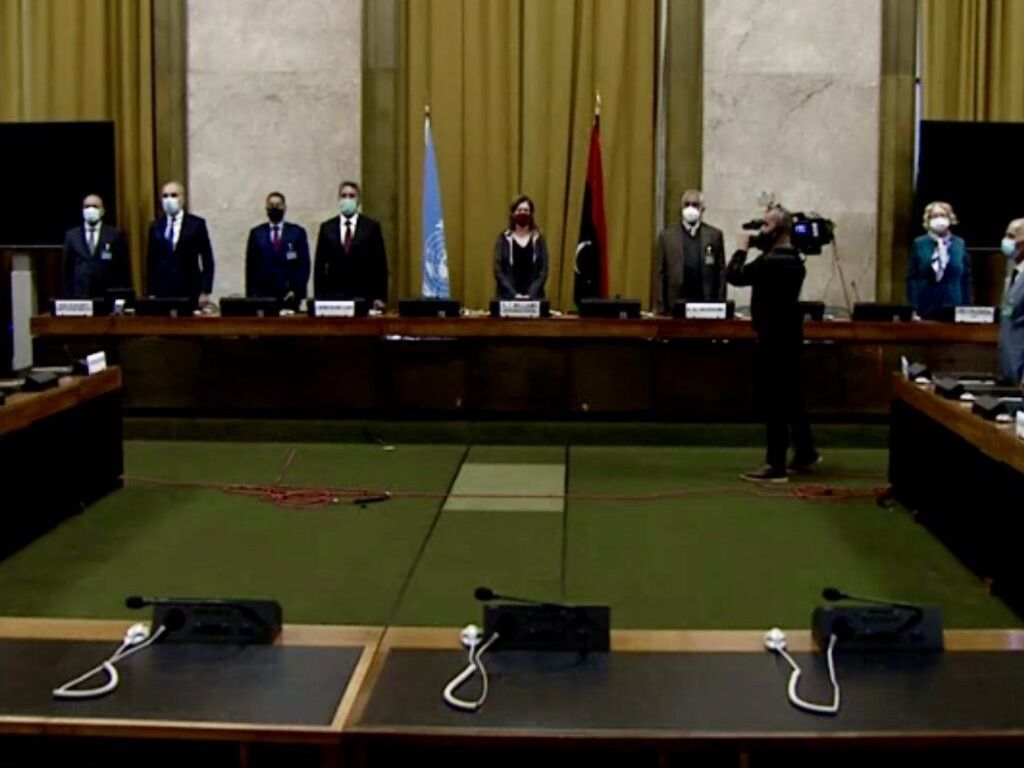GENEVA (AN) — Libya’s two main warring sides signed a cease-fire agreement at the United Nations' European headquarters on Friday that also requires the withdrawal of military forces sent by Russia, Turkey and other regional powers.
The breakthrough deal took "a great deal of courage" to achieve, Stephanie Williams, the U.N. acting special envoy, told a signing ceremony in the U.N.'s Palais des Nations. Next comes the arguably even more difficult challenge of enforcing the cease-fire deal amid the nation's scattered militia groups.









